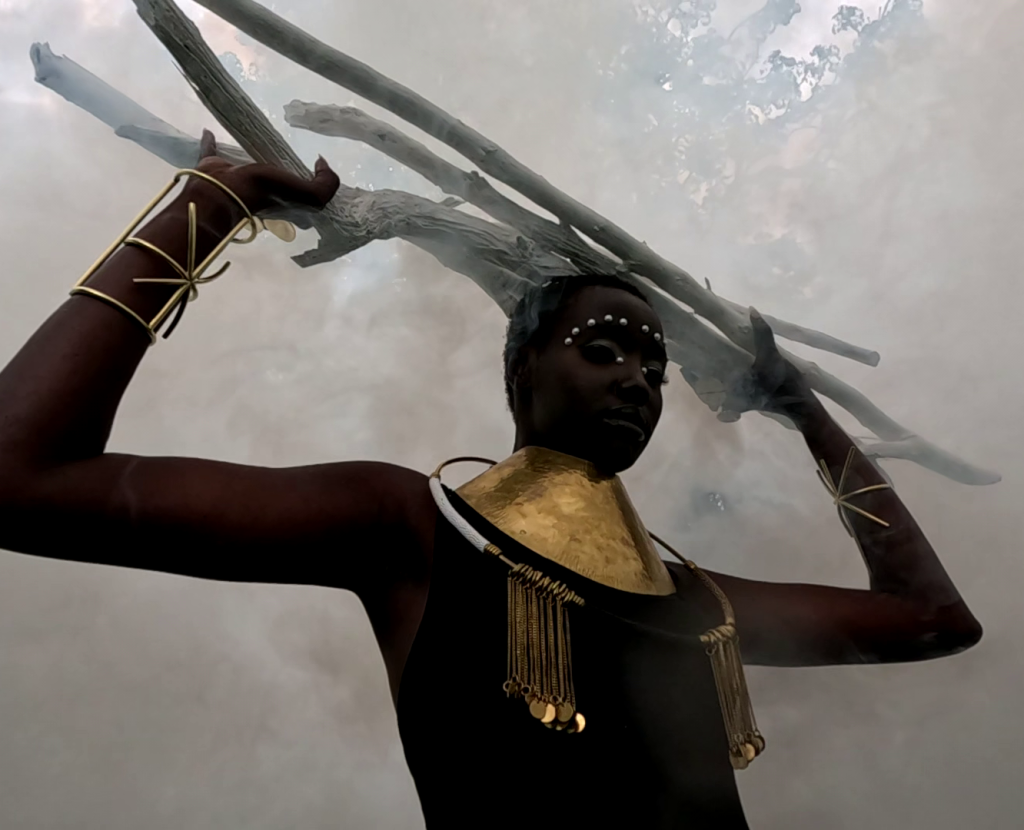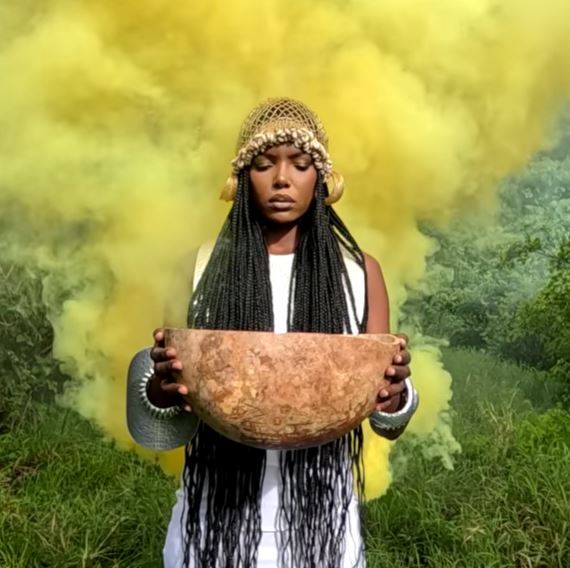CCG work on Charcoal inspires creative work
Charcoal may be a simple source of energy but the issues around its use and impact are complex.
We are excited to be part of a project that provides a creative response to some of the challenges created by Climate Change that we are working to address at CCG. This project is a film that has been commissioned by Invisible Dust for its event Forecast 2023 and made by Art & Science Films Afrika (ASFA). It’s called “Smoke Jumpers” and is a mythical portrayal examining the cultural dynamics that, when mismanaged, can result in charcoal use and production in Kenya that is potentially harmful to the environment and harmful socially. This film comes out of multiple conversations with CCG’s Rebecca Clube, Research Fellow, University College London Institute for Sustainable Resources.
Premiere and live stream 13.45 Friday 19th May – Forecast, live event, City Hall, London E16.
For the live stream please book a place here.

Here Rebecca explains more about the issues that surround charcoal and that have informed “Smoke Jumpers”.
Charcoal is a solid fuel produced by burning wood under anaerobic conditions (ie without oxygen). Its production and use are widespread in Kenya, and more broadly across Africa where it contributes to the livelihoods of millions of people through its production, sale and use.
However, there are social and environmental concerns around charcoal, stemming from issues such as unsustainable forest management regimes and illegal logging. There can also be severe health impacts from pollutant exposure for producers and users, many of whom are women using charcoal to cook. The absence of viable and scaled alternatives means that charcoal continues to be the dominant household fuel and it is deeply embedded into social practices.
Transitioning to a more renewable future is essential, but this must also be inclusive of those who currently rely on charcoal, as part of what is known as ‘just transition’. Various charcoal bans at a national and county level in Kenya have complex – but underexplored – impacts on communities. Currently, CCG researchers are exploring this topic to understand the impacts of such policy on communities that rely on charcoal as a livelihood. These justice challenges can be tricky to navigate but pertinent to ensuring an equitable energy transition or ‘just transition’.

The international premiere screening of “Smoke Jumpers” takes place on Friday 19 May, introduced by Wangechi Ngugi and Daniel Muchina. This film is curated and produced by Invisible Dust in collaboration with University College London Institute for Sustainable Resources (ISR) and funded by the Foreign Commonwealth and Development Office’s Climate Compatible Growth (CCG) programme.
Art & Science Films Afrika (ASFA) is a program designed to investigate ritual practices in prehistoric Africa, and the role art plays as a vestige of the knowledge informing these rituals. Using film and video, the program seeks to build a bridge to link indigenous systems of knowledge embodied in African mythologies with modern Africa. Wangechi Ngugi is the Program Director and Daniel Muchina is the Artistic Director, Researcher and Writer at ASFA.